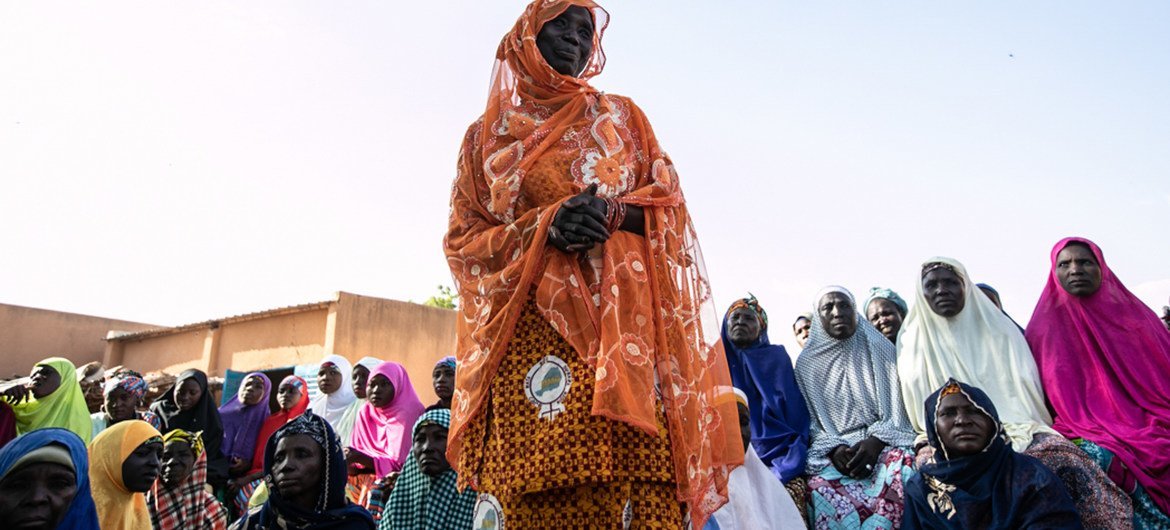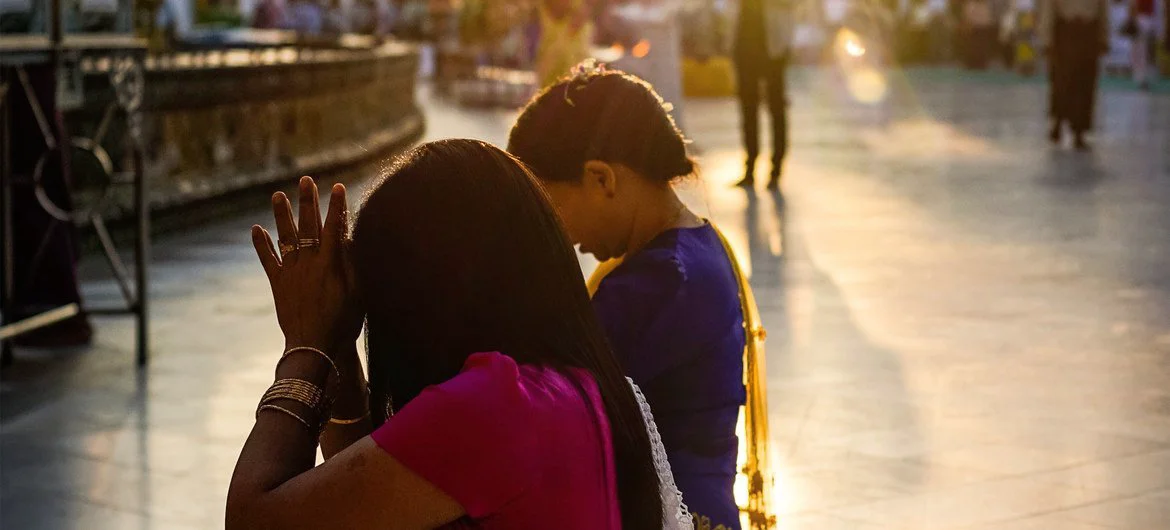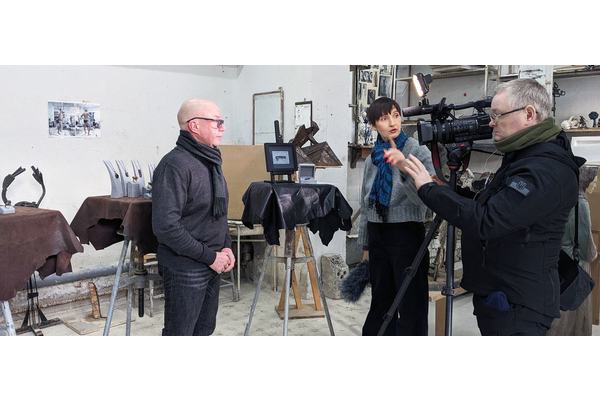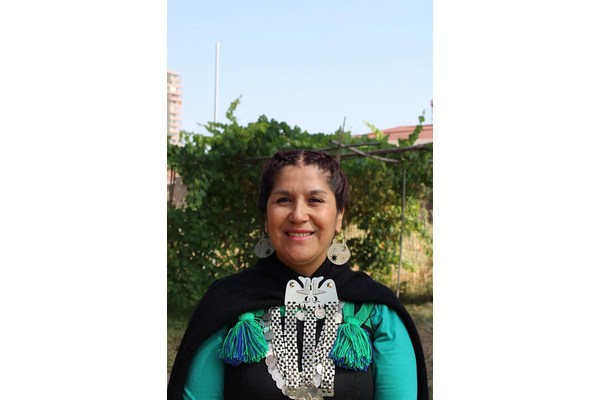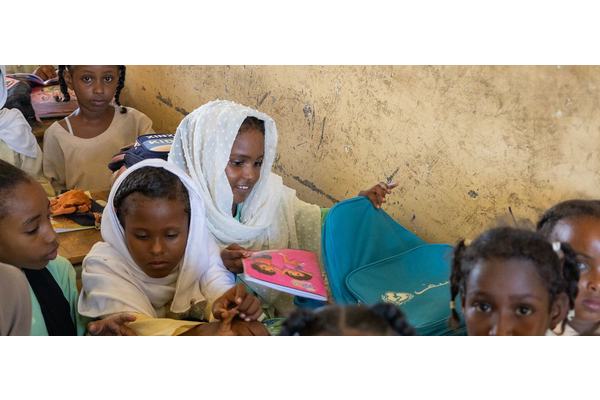UN highlights transformative power of equal participation, marking International Women’s Day | UN News
Underscoring the transformative power of women’s equal participation, top United Nations officials called on all stakeholders to take special measures to advance their equal participation and achieve rapid change.
“Whether running a country, a business or a popular movement, women are making contributions that are delivering for all and driving progress towards the Sustainable Development Goals (SDGs)”, Mr. Guterres said.
“I call on countries, companies and institutions to adopt special measures and quotas to advance women’s equal participation and achieve rapid change”, he urged.
The UN began celebrating the International Day in 1975, which was designated International Women’s Year. Over the decades it has morphed from recognizing the achievements of women to becoming a rallying point to build support for women's rights and participation, in the political and economic arenas.
This year’s commemorations, under the theme, Women in leadership: Achieving an equal future in a COVID-19 world, comes as the world continues to navigate the pandemic, which has wiped out decades of hard-won progress towards gender equality.
COVID-19 erased decades of progress
Women have borne the brunt of the coronavirus pandemic – from being pushed into poverty, to losing jobs as the informal economy shrinks, to an alarming spike in domestic violence and the unpaid care burden.
However, in spite of the impact on their lives and rights, women have stood resolutely on the frontlines of pandemic response, as essential workers, care givers and leaders.
“As we recover from the pandemic, support and stimulus packages must target women and girls specifically, including through investments in women-owned businesses and the care economy”, the UN chief urged.
‘No country prospers without women’s engagement’
Phumzile Mlambo-Ngcuka, Executive Director of UN-Women, the Organization’s entity dedicated to gender equality and the empowerment of women, underlined the need for political will to actively and intentionally support women’s representation.
In a message, she went on to note that concrete efforts such as setting and meeting parity targets, at all levels of government; or special measures such as putting in place and enforcing quotas and policies to address representation for “real progress” on women’s leadership.
Without such measures, progress can be slower or even non-existent and easily reversed, she warned.
“No country prospers without the engagement of women”, Ms. Mlambo-Ngcuka highlighted, calling for women’s representation that reflects all women and girls in all their diversity and abilities, and across all cultural, social, economic and political situations.
“This is the only way we will get real societal change that incorporates women in decision-making as equals and benefits us all”, the head of UN-Women added.
‘Responsibility of our lifetimes’
We are at a pivotal moment … the responsibility of our lifetimes is upon us: to create more equitable, inclusive, just, and sustainable post-pandemic societies
— High Commissioner Bachelet
Michelle Bachelet, UN High Commissioner for Human Rights, said that discrimination against women is what is holding them back, not a lack of interest or capacity.
Speaking at a commemorative event at the Human Rights Council, the UN rights chief stressed that discrimination leads to laws that prevent women from controlling their bodies, owning land or accessing credit.
She called for specific action, including special measures and quotas to “break the cycle of exclusion”, which results in disproportionate share of caregiving responsibilities, social norms preventing equal access to education, as well as violence, harassment and harmful practices.
“We are at a pivotal moment … the responsibility of our lifetimes is upon us: to create more equitable, inclusive, just, and sustainable post-pandemic societies”, Ms. Bachelet added.

